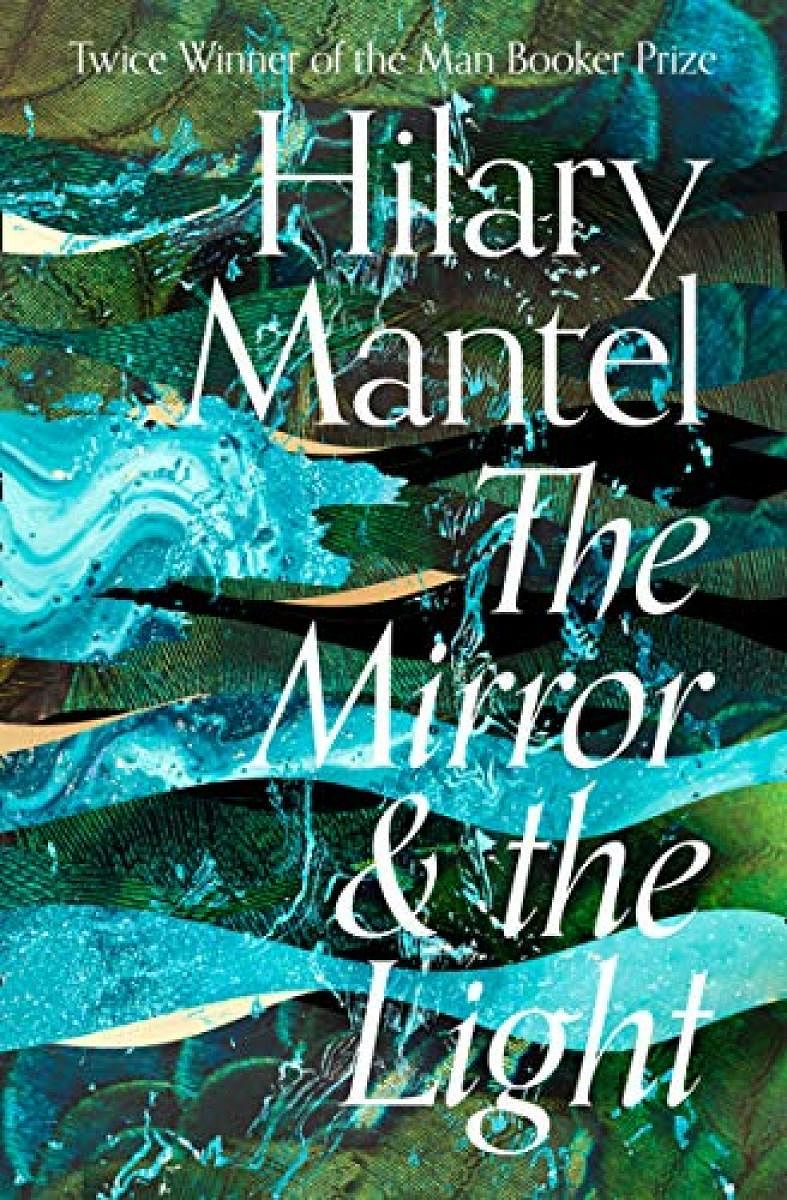
It is the historian who has decided for his own reasons that Caesar’s crossing of that petty stream, the Rubicon, is a fact of history, whereas the crossing of the Rubicon by millions of other people before or since, interests nobody at all.” The 20th century English historian, E H Carr makes this remark with great caution.
However, when we speak of ‘historical fiction’, the work is ostensibly partly speculative; yet, one must remember to acknowledge the fact that there exists a conscious interrogation of the relationship between history and fiction, as it tries to provide an insight into those stories that have been displaced in time and space. In Hilary Mantel’s works, we get a glimpse of how the tides of history are capable of breaking into the narration and how their currents can furnish an engaging experience.
The Mirror and the Light is Mantel’s third and final installment in the Cromwell trilogy, the first two being Wolf Hall (2009) and Bring up the Bodies (2012), which made Mantel a Booker Prize winner. The trilogy chronicles the rise and fall of one of the most significant members of King Henry VIII’s court, Thomas Cromwell.
As prominent a figure as Cromwell is and despite the fact that he keeps surfacing in the dog-eared pages of history, there is still a wide gap in accounting for his early years and his experiences as an individual. There are voluminous works, both historical and literary, written on King Henry VIII and his reign in 16th century England; however, there are no substantial accounts of one of the most important proponents of the English Reformation — Thomas Cromwell, who was indeed an important cogwheel in altering England’s political structure. Mantel’s trilogy supplies biographical details of Lord Cromwell through fiction with the usage of literary tropes.
Smooth flow
The narration begins with the news of the execution of Anne Boleyn, the second wife of King Henry VIII and the first queen to have been beheaded. The writer has ensured her consistency in narrating the story in a manner where the third book begins from the point where the sequel ended, without much ado.
Cromwell’s introduction in the new book can be read in parallel with the making of a new England. While the first two books talk of Cromwell’s beginnings and rise to power, the third narrates a grand story of a man who has had a huge appetite for work and life. It is here that we see a different Cromwell, unlike the usual caricature villain of other historical works. We begin to comprehend the situations that arose and decisions that were taken from Cromwell’s perspective.
As a historical novelist, Mantel presents before her readers an archetypal story spread over three books, where a brewer’s son leaves home, is unable to return and yet has to find means to survive. This historical character, Thomas Cromwell, a lawyer and Chief Minister at Henry VIII’s court, is approached in an organic manner. The employment of present tense gives the readers access to that particular age, where we intuitively begin to see that there is no leisure time for Cromwell and the other characters to retrospect; rather, they all survive and act out their next few breaths. In fact, at one point we see Cromwell saying that he is just trying to survive the week. Thus, survival becomes one of the imperatives that force several of the characters to act impulsively.
Inner experiences
Even though it is the story of a historical character that Mantel has narrated in her Wolf Hall trilogy, we, as readers, begin to see Cromwell in the present and simply as an individual who goes through myriad experiences in his life of power and rule. Unlike a historian, Mantel treats time differently and invests herself in comprehending the inner experiences of the subject.
The readers are given a story where Cromwell is not cast in binaries of good and bad; instead, he is presented as a man whose identity shifted from obscurity to fame and an individual of singular experience fishing for some inkling of what comes next. The text, no doubt, is ‘historical fiction’, but Mantel doesn’t make things up or exaggerate unnecessarily; instead, her imagination is just enough and is placed in the context of familiarity with the age she is talking about.
The third book completes Cromwell’s journey, where Mantel traces his final years. It is a grand story that investigates how an ordinary man would behave when he acquires power. The individual, now invested with extraordinary power, builds a modern nation through his actions that emerge from conflict, passion and courage. The narration is rich, for there is a lot to account for, and Mantel’s way of writing induces paradoxes subtly and surprises the readers.